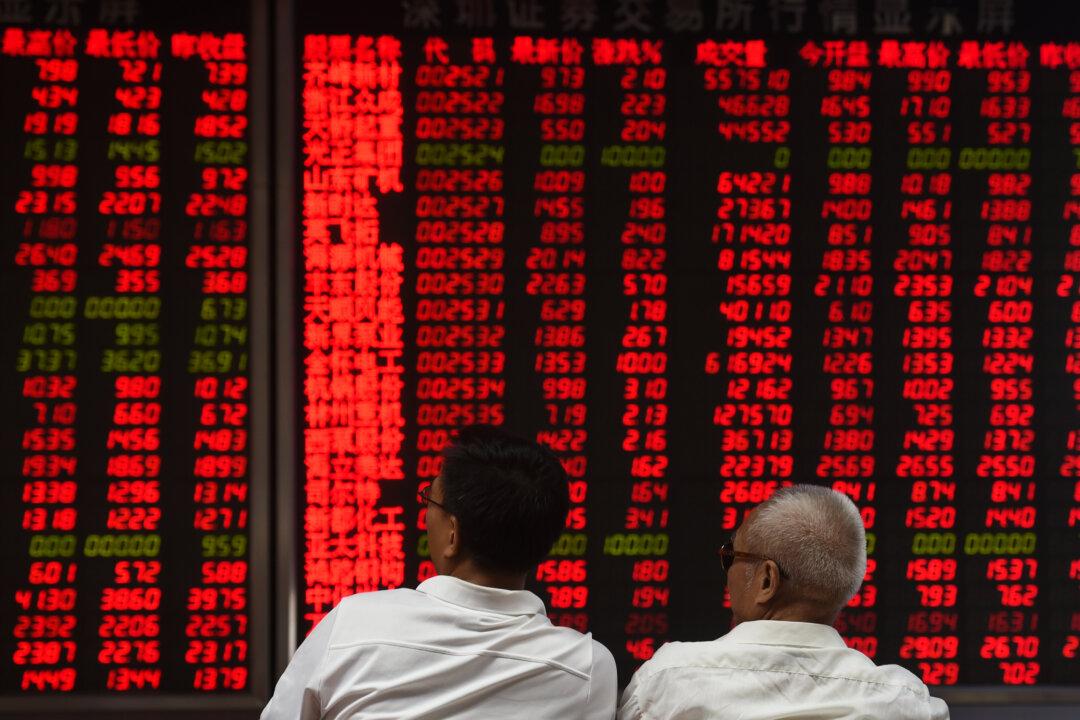Commentary
The U.S. stock market has suffered violent swings over the past two weeks as investors digest the economic effects of the global pandemic and Washington’s policy responses.

The U.S. stock market has suffered violent swings over the past two weeks as investors digest the economic effects of the global pandemic and Washington’s policy responses.